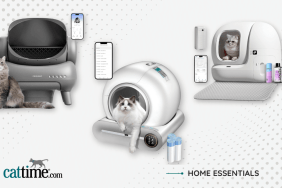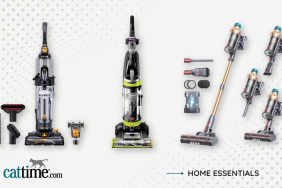Several years ago, a horribly sad story emerged about a single man who died leaving behind a couple of companion animals. Although he had friends who were willing to take the animals in, that was not immediately known; instead the man’s brother swept in and had the animals euthanized before anyone realized they needed to act.
Preventive measures
To avoid situations like that, guardians of cats and dogs should take several steps to ensure the future care of their animals. The three main things to think about are:
(1) who will provide temporary, immediate care upon your death (or hospitalization)
(2) who will provide long-term care; and,
(3) what can you do to assist those caregivers financially.
All involve serious thought about what you want to have happen with your animals after you die.
Talk to people
When you’ve narrowed down your list of potential caregivers, talk to those people to see if they are willing and able to carry out your wishes and to make sure they understand your desires. Honesty really matters here. Write down specifics for these individuals, e.g., that you want two of the cats to stay together but the third could go to a separate home.
Make a will or living trust
You also need to hire a lawyer (do it yourself forms may not hold up) to prepare a will or a living trust, or to amend any current documents you have. In your will or living trust, you will name the future caregivers, or you might name a trusted person or group of people to find a new home or homes for your companions. A number of variations exist that your lawyer can talk through with you.
Honorary or pet trusts
You can also use your will or living trust to give funds to the temporary and/or long-term caregivers so that they can take care of your animals without using their own money. Although most states allow this type of “honorary” or “pet” trust, not all do, so make sure to discuss it with your lawyer. If you create such a trust, you will use the will or living trust to describe how the money is to be used and to appoint someone to act as trustee.
An even more urgent need
In addition to having your will or living trust set up, you also need to have someone, such as a neighbor, friend, or relative, on hand who will find out about your death or hospitalization right away and who can come in and care for your animals until your will is probated (or the successor trustee of the living trust takes over). Make sure the trusted friend or relative has a key to your house and your alarm code, if you have one, and knows enough about your animals to take care of them in the days immediately following your death or hospitalization.
You might consider writing down their care routine, as you would for a cat sitter, and provide a list of important individuals to contact. This might be the friend who normally cat-sits for you or someone else altogether. Do not rely on a spouse or partner; in the event an accident besets both of you together, you’ll need someone outside your immediately household to step in.
While these aren’t particularly pleasant matters to ponder, you will likely find more peace of mind if you think them through and make your plans now. It could be the most important gift you give your animal.









